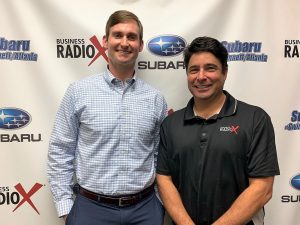
Will Peter/Regions Bank and Regions Securities
 Regions Financial Corporation (NYSE.RF), with $144 billion in assets, is a member of the S&P 500 Index and is one of the nation’s largest full-service providers of Consumer and Commercial Banking, Wealth Management, and Mortgage products and services. Regions serves customers across the South, Midwest, and Texas, and through its subsidiary. Regions Bank operates approximately 1,400 banking offices and 2,000 ATMs. Regions Bank is an Equal Housing Lender and Member of FDIC. Additional Information about Regions and its full line of products and services can be found at www.Regions.com.
Regions Financial Corporation (NYSE.RF), with $144 billion in assets, is a member of the S&P 500 Index and is one of the nation’s largest full-service providers of Consumer and Commercial Banking, Wealth Management, and Mortgage products and services. Regions serves customers across the South, Midwest, and Texas, and through its subsidiary. Regions Bank operates approximately 1,400 banking offices and 2,000 ATMs. Regions Bank is an Equal Housing Lender and Member of FDIC. Additional Information about Regions and its full line of products and services can be found at www.Regions.com.
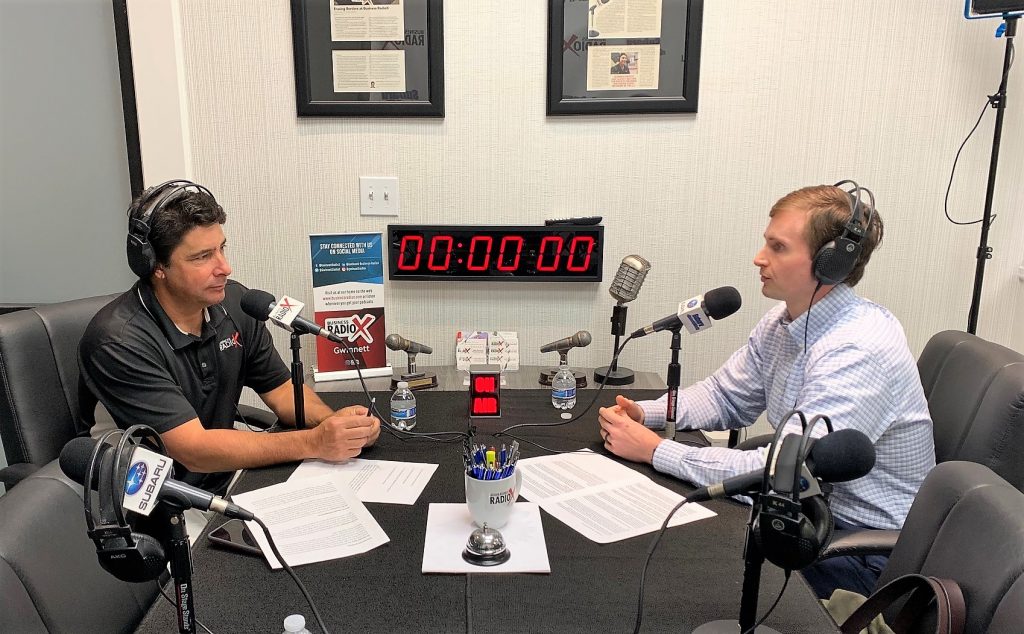
Gwinnett Business Radio is presented by



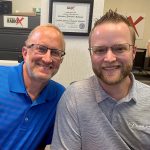 Tom Danley started in the speaker business in a legendary way. His early subwoofer designs quickly launched him to a status of bass mastery. Major tours with Clair Brothers, U2, Alabama & Michael Jackson proved his concepts to be worthy of the largest events of the era, including Superbowl XXIV.
Tom Danley started in the speaker business in a legendary way. His early subwoofer designs quickly launched him to a status of bass mastery. Major tours with Clair Brothers, U2, Alabama & Michael Jackson proved his concepts to be worthy of the largest events of the era, including Superbowl XXIV. 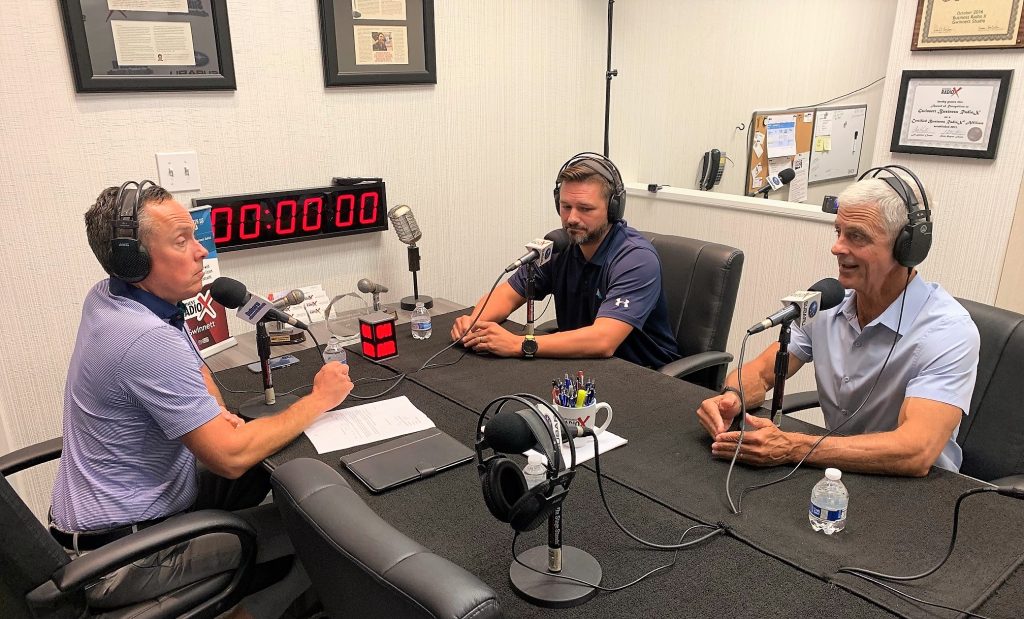

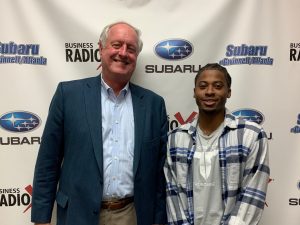
 The mission of the
The mission of the 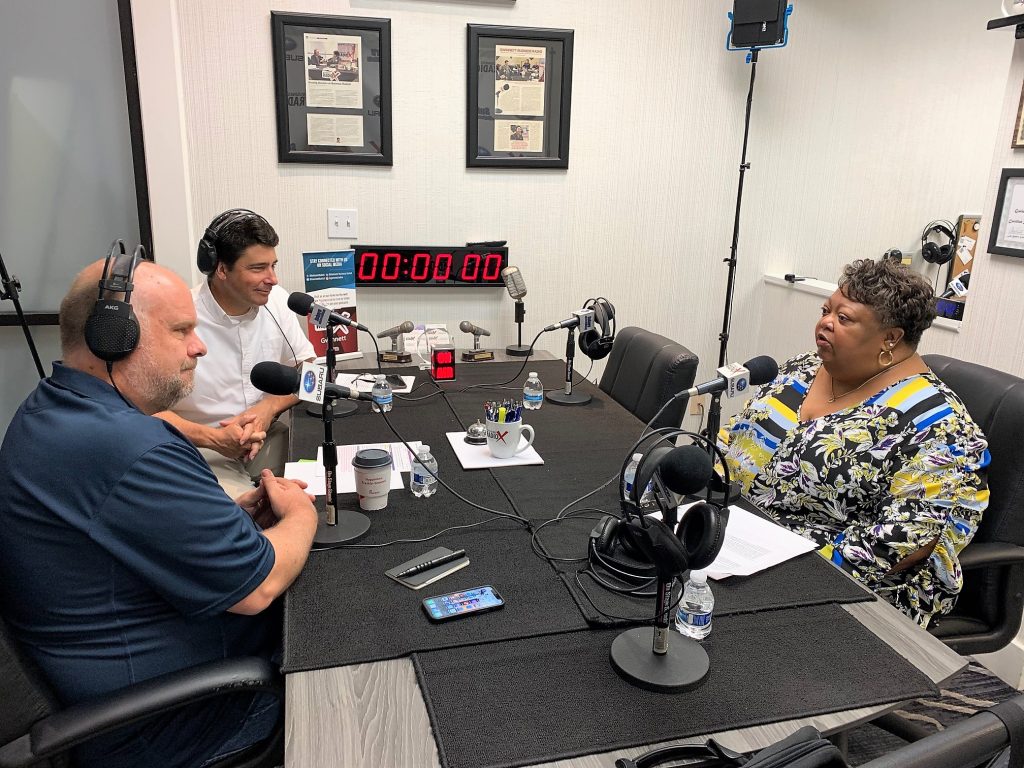

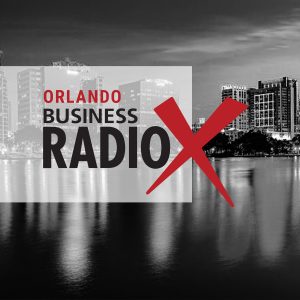

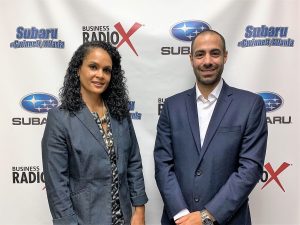
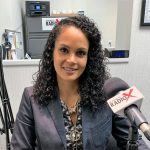

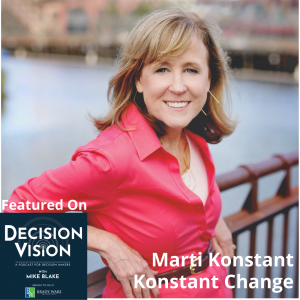
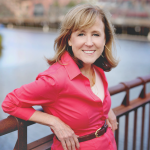

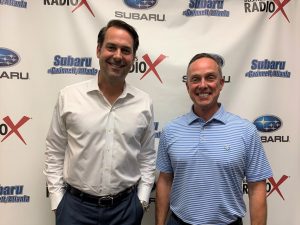

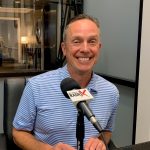
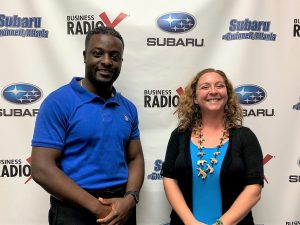

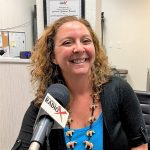 Since 2005,
Since 2005, 















